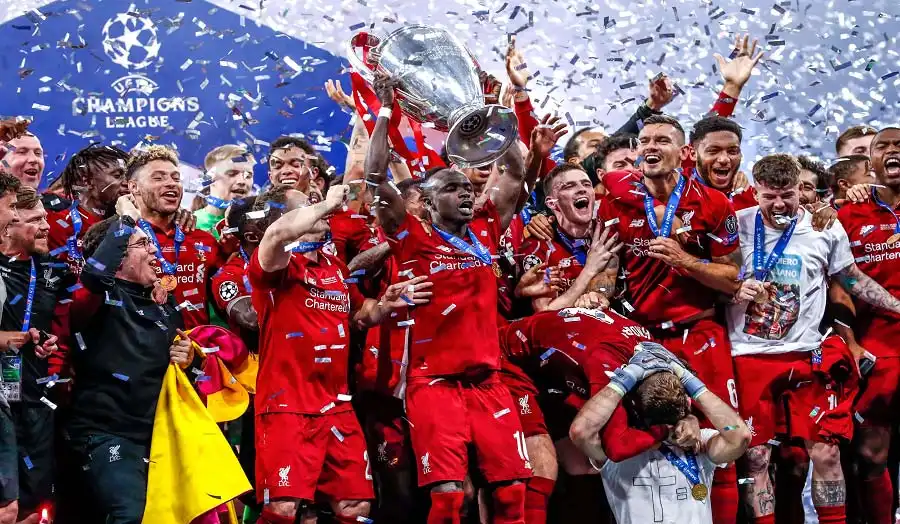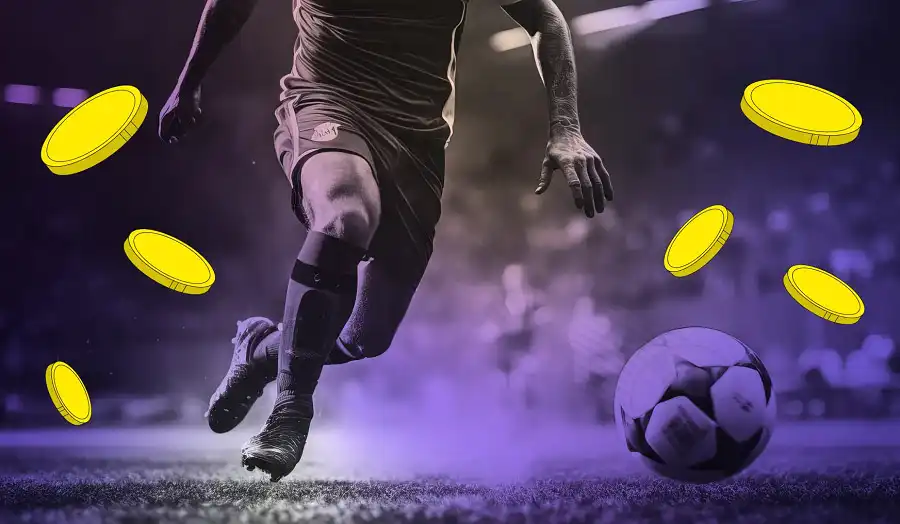In online betting, odds play a very important role. It affects 70% of players' wins. Therefore, when the odds change, players can go from winning to losing at any time. Players won't be too surprised by this. Instead, they will have advance preparations to deal with problems when they occur. However, new players can easily lose with little experience. So, you need to understand why odds change in betting. In this article, Wintips admin also shares a few ways for you to react if you encounter the above situation. Let's refer to the content below
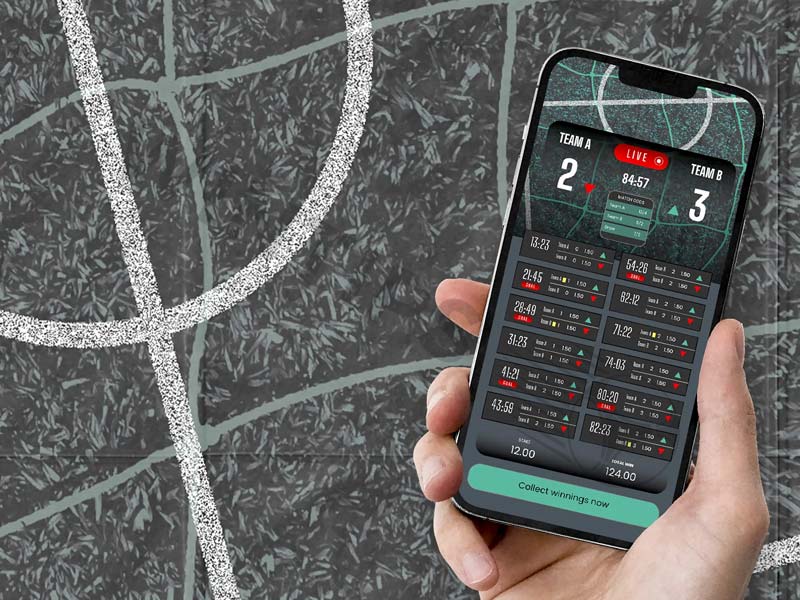
What are the odds?
Odds mean the odds that each player receives for winning a bet at a bookmaker's match. In-match odds are given by bookmakers in various formats. From there, players can choose any type of bet they want to place. In theory, the odds are significant in determining the potential return on a bet. To bet successfully, you must rely on the live game situation as well as your own experience and judgment. Odds changes are frequent. Players must have experience with odds to increase their chances of winning.
What types of odds are there?
The three types of odds are Fractional, Decimal, and American.
- Fractional odds, also known as British or traditional odds, can be presented either as a fraction (e.g., 6/1) or a ratio (like six-to-one).
- Decimal odds illustrate the amount won for each $1 wagered. For instance, if the odds are 3.00 for a horse's victory, the payout amounts to $300 for every $100 bet.
- American odds, also referred to as moneyline odds, feature a plus (+) or minus (-) sign. The plus sign indicates a less likely event with a higher payout. The minus sign corresponds to the more probable event.
See also: Check out the best free soccer tips today
The role of odds in sports betting
- Event Pricing: Odds assist bookmakers in pricing sports events by utilizing information and analysis to determine the likelihood of a particular outcome. Higher odds indicate a lower probability of occurrence and vice versa.
- Risk Consideration: Bookmakers factor in risk to protect their profits. They adjust odds based on available information and resources. If a team or player is deemed stronger, the odds of their victory will be lower to limit the bookmaker's potential losses.
- Player Attraction: Bookmakers adjust odds to attract players, often by increasing odds for a favored team or well-known player to encourage betting. However, bookmakers must also carefully consider odds adjustments to ensure they do not incur significant losses.
Why do odds change in betting?
Betting odds are subject to various influences that can lead to changes, some of which are more intuitive than others. Below, we'll explore instances that explain why betting odds undergo shifts on betting websites.
Responding to New Information
Bookmakers frequently release odds for popular sports events up to a week in advance. These initial odds are projections based on historical data, considering that it's often challenging to acquire concrete information so far ahead.
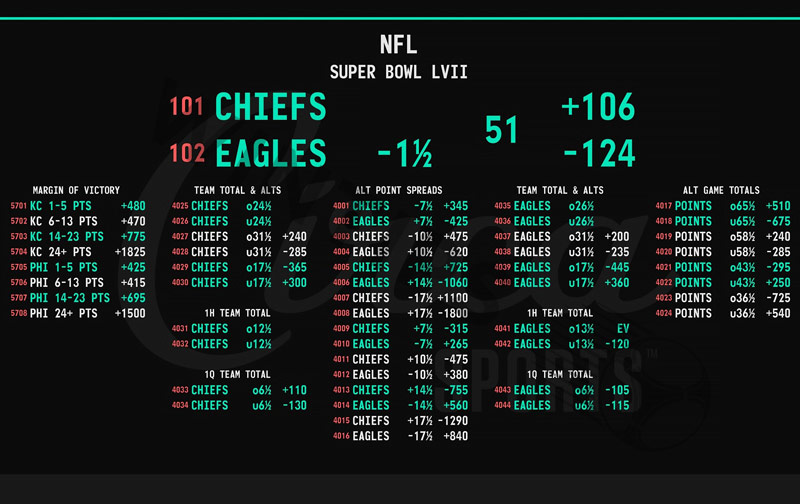
However, as the event date approaches, more pertinent details become accessible. Information about team line-ups becomes available, reliable data about game conditions emerges, and any pre-game injuries are factored in. This proximity to the event allows bookmakers to integrate more precise information into their sports betting models. Consequently, they can generate more accurate odds for the game's outcome, as opposed to having to predict a multitude of variables as they would a week earlier.
Alteration in Circumstances
One of the primary catalysts for odds adjustments is a change in circumstances. Factors like team or player news and alterations in the event's venue can prompt bookmakers to modify odds. For instance, if a star player is poised to return to a team earlier than anticipated, swift bettors might seize the opportunity to place wagers on that team to win. Original odds set by bookies might not accurately reflect the value of the unexpected return of the star player if it isn't factored in.
The volume of Wagered Money
Odds are likely to change rapidly as soon as a certain amount of money is placed on a particular selection. This situation hinges on the total stakes invested in a specific market. Conventional betting markets like match outcomes, goalscorer odds, and correct scores tend to witness odds changes at a more measured pace compared to markets based on statistics. Markets involving elements such as team shots and player passes during a match are known to react more swiftly to changes in the amount of money wagered.
Influenced by High Betting Activity
The primary objective of sports bookmakers is not solely to provide the most precise odds for an event but rather to secure profits regardless of the outcome. While the initial odds might be fairly accurate, they can change rapidly. If a substantial amount of money is wagered on one side of the outcome, the odds are likely to change.
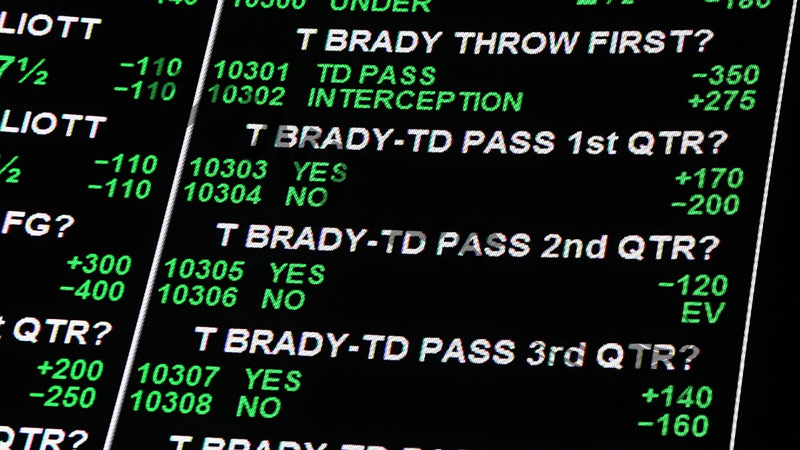
Bookmakers will adjust the odds to encourage more bets on the opposing side. This practice, known as 'balancing the books,' constitutes the core revenue stream for bookmakers. Maintaining this balance ensures that bookmakers win if the outcome aligns with their predictions and minimize losses if it doesn't. Consistent losses could potentially threaten the financial viability of a bookmaker.
See also: The best free vip betting tips telegram in 2024
Price Discrepancies
Although less frequent than other causes for odds changes, price errors can still occur in specific betting markets on particular platforms. If bettors place their wagers on a market that should have been resolved or has been incorrectly priced in their favor, this could lead to odds adjustments after the bets have been placed. In markets with low liquidity like prop markets, substantial wagers might even prompt temporary suspension as bookmakers strive to recalibrate the odds following the placement of a bet.
Accounting for Sharp Betting
Certain adept bettors, referred to as sharps, possess exceptional skills in particular betting markets. Various US sports betting operators monitor these individuals and their betting preferences within specific markets. If a sharp bettor or a group of sharp bettors places bets on one side of the market, bookmakers recognize that the odds might be too favorable for that side and subsequently adjust them. Although sharp bettors constitute a minority within the betting population, some bookmakers permit them to use their platform. By doing so, bookmakers gain insight into the lines favored by these experts and adjust the odds to cater to the broader betting audience.
What does changing the odds lead to?
Odds undergo frequent fluctuations in the lead-up to an event, a dynamic process that ensures fairness for both bookmakers and bettors. If odds remained static, an inequitable advantage in terms of offered value would emerge, tilting the balance in favor of one party. Odds alterations can result in either a decrease or increase in value, influenced by a multitude of factors that will be explored later. Certain betting markets exhibit lower liquidity compared to others, causing odds to change more rapidly based on the collective wagers placed on that market.
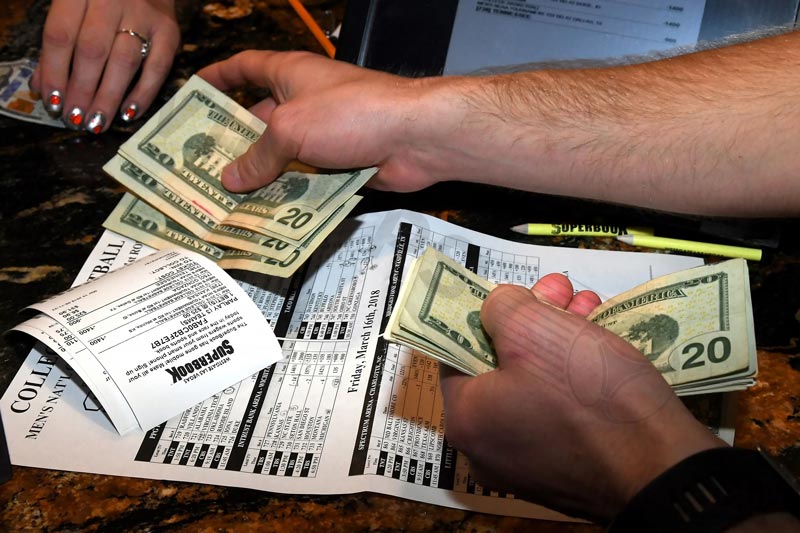
In the realm of horse racing, odds shift occur swiftly, but an option to opt for the Starting Price (SP) of a horse exists. Opting for the SP entails that regardless of pre-race odds change, the payout aligns with the SP if the selected horse wins. Live betting, on the other hand, sees prices fluctuating continuously during the ongoing event. Specific game scenarios may favor a particular team or player's victory, prompting adjustments to odds that reflect these developments. Once a bet is placed at the offered odds by the bookmaker, the bookmaker is obligated to honor the price displayed on the bet slip, unless it involves a punter trying to exploit a pricing error.
How to react when the odds change?
If you are a football enthusiast, you will probably be very interested in the issue of bookmakers changing betting odds. The betting odds are the bookmaker's assessment of the two teams. In particular, the percentage indicates which team is predicted to win with a higher percentage. Therefore, every time the bookmaker changes the odds, it causes the bettors to hesitate.
The bookmaker changing the odds may be due to many people choosing favorable odds or because the two teams have a significant difference. The purpose of this is to pay out less money to the winner. When you see that the bookmaker shows signs of changing the odds, you need to immediately reconsider your betting choice. You should carefully study the strength of the two teams, consult more analytical opinions, and then bet. Bookmakers often change the betting odds before the game time. The best way is for players to constantly update the homepage so as not to miss any information.
Conclusion
As can be seen, changing the odds is not necessarily sad news for bettors. On the contrary, we can take advantage of it to create victories. A smart gambler is someone who knows how to seize opportunities and turn things around. You should not let the bookmaker catch the secret, but surprise them with your ingenuity. Many football betting sites change the odds constantly. But with the ways shared, we believe you will improvise in the best way. Good luck and success.
See also: What is a void bet? Invalid bets in online betting
